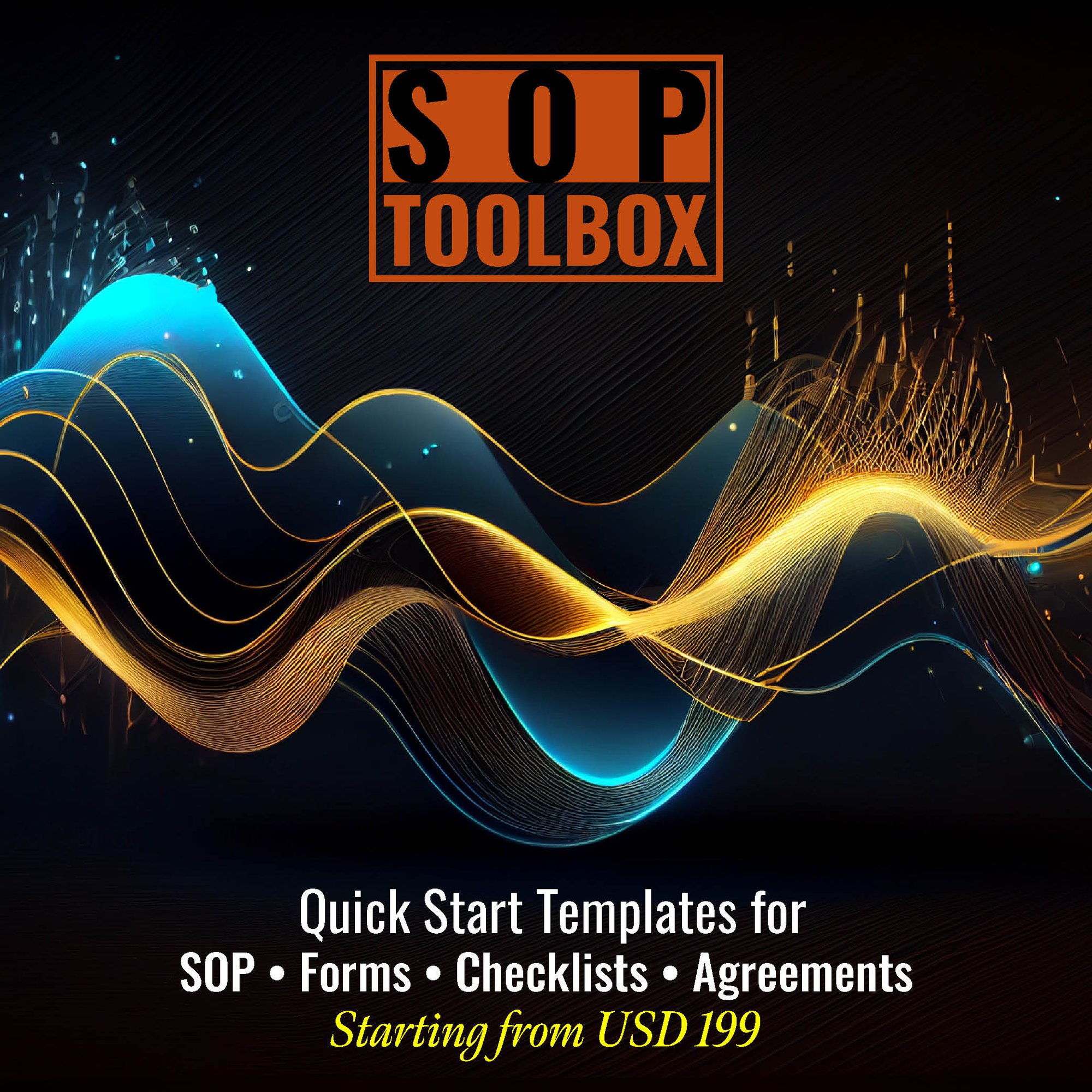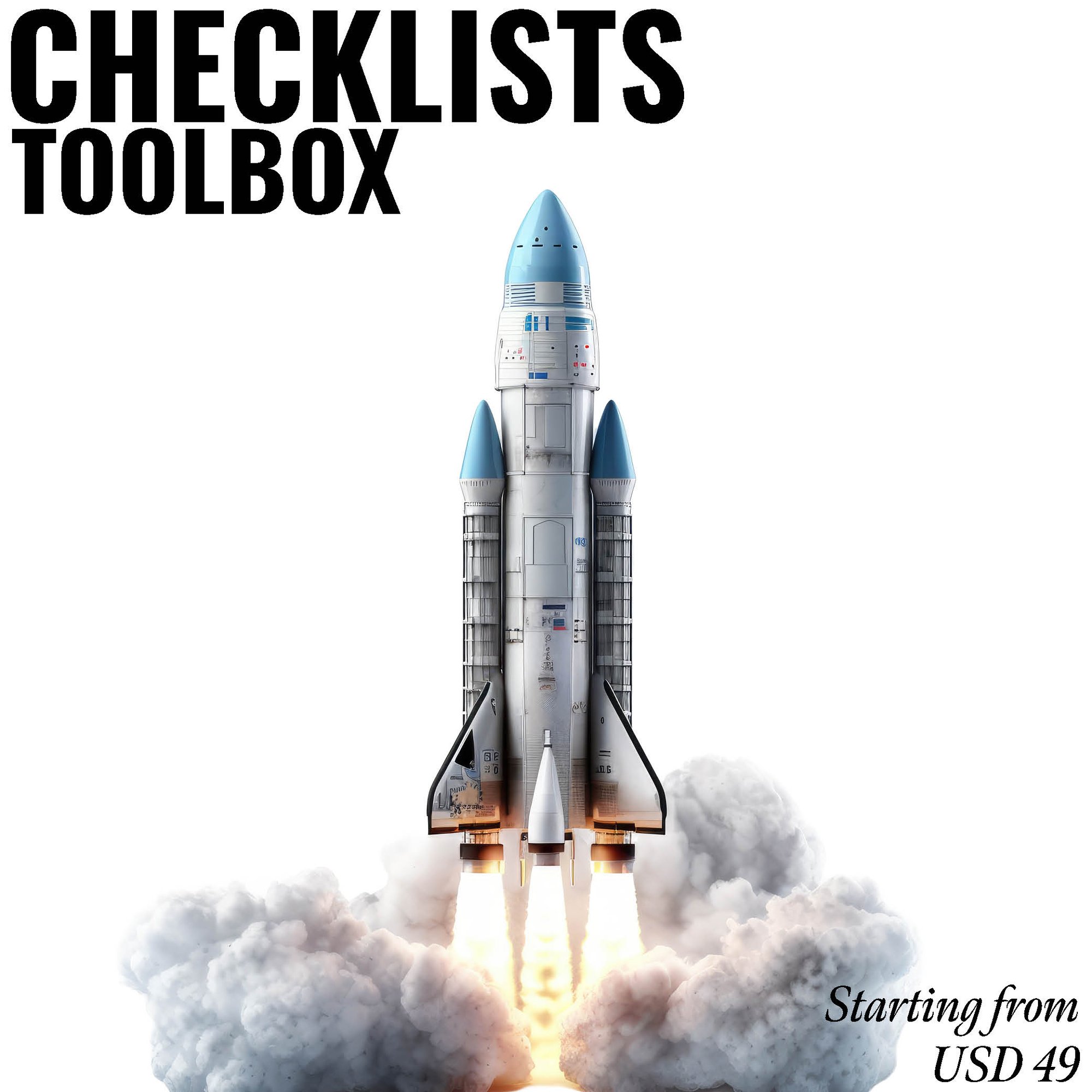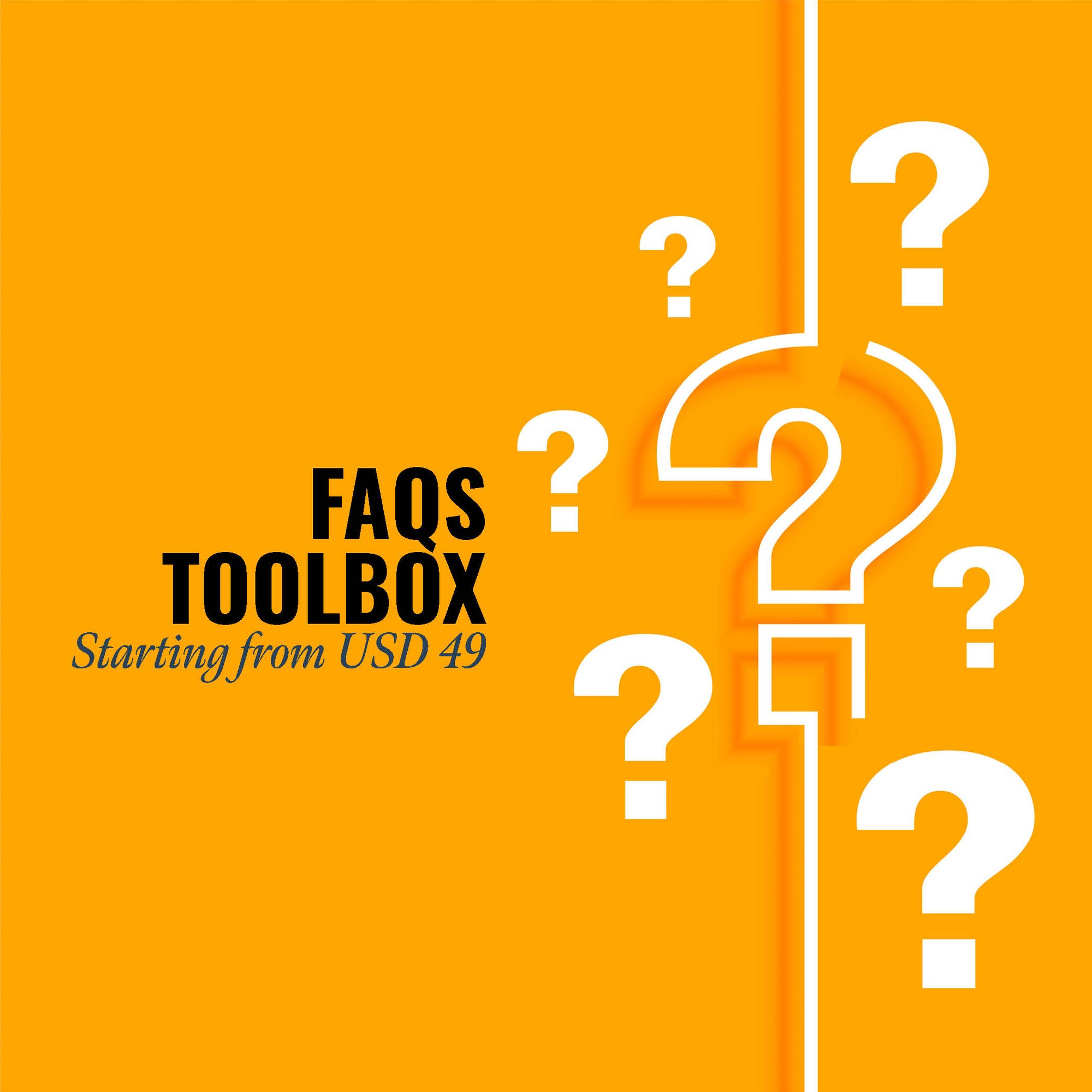Agreements in the realm of flight training are paramount, forming the backbone of safety, professionalism, and regulatory compliance in aviation education. These agreements encapsulate a multitude of critical aspects, from defining the responsibilities of flight instructors and students to outlining safety protocols, operational standards, and regulatory compliance measures. They ensure that flight training programs adhere to rigorous safety standards set by aviation authorities, covering areas such as aircraft maintenance, pilot proficiency checks, simulator training, and emergency procedures. Moreover, agreements in flight training establish clear guidelines for curriculum development, lesson planning, and student progression, ensuring that pilots-in-training receive comprehensive and structured instruction. They also delineate the use of training aircraft, simulators, and other training resources, optimizing their utilization while maintaining cost-efficiency. In addition to safety and operational aspects, these agreements often address financial considerations, such as payment terms, tuition fees, and refund policies, providing transparency and clarity to both students and training providers. Furthermore, agreements may include clauses related to insurance coverage, liability, and indemnification, safeguarding all parties involved in the training process. Overall, agreements in flight training play a crucial role in fostering a culture of safety, professionalism, and regulatory compliance within the aviation industry. They provide a framework for effective training delivery, ensuring that aspiring pilots receive high-quality instruction while upholding the highest standards of safety and operational excellence.
















Leave a Reply